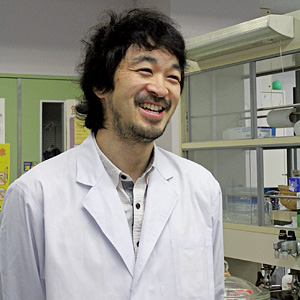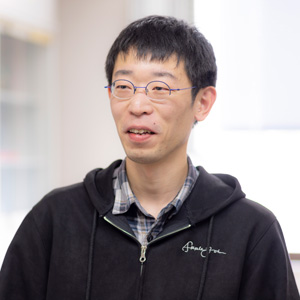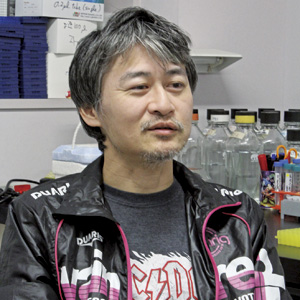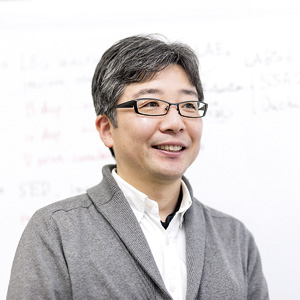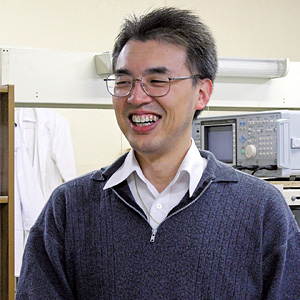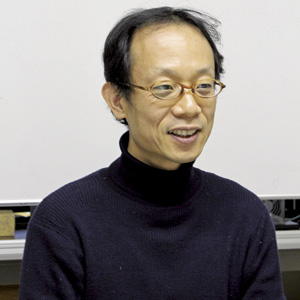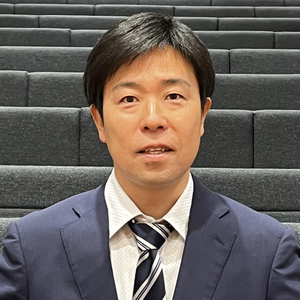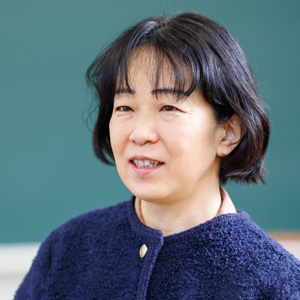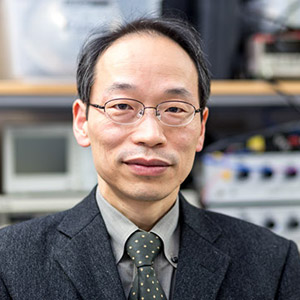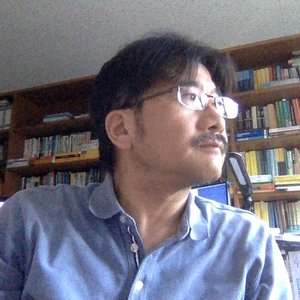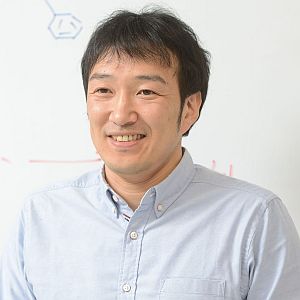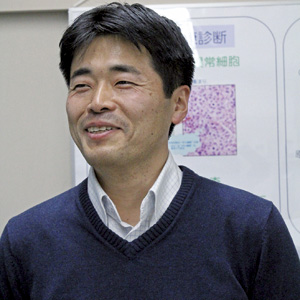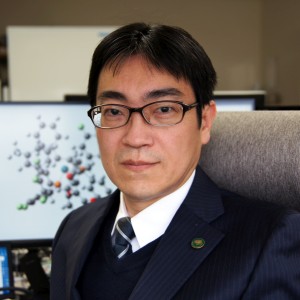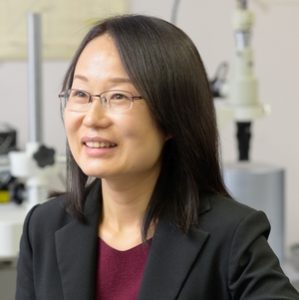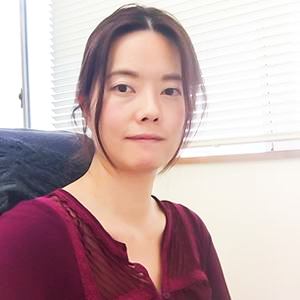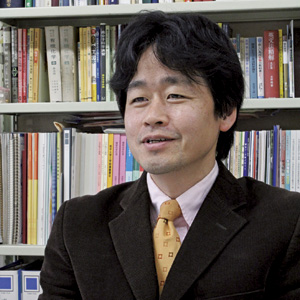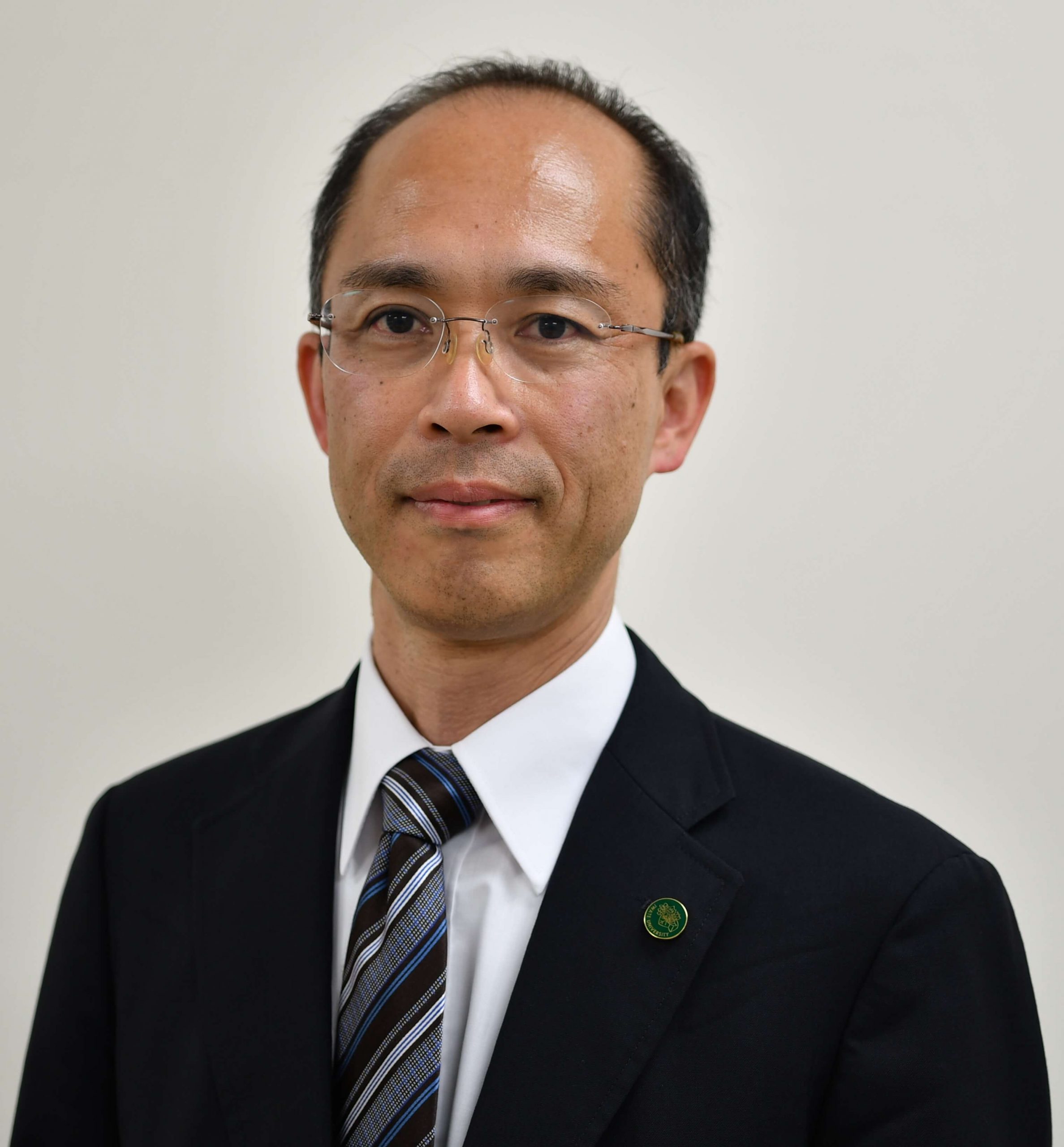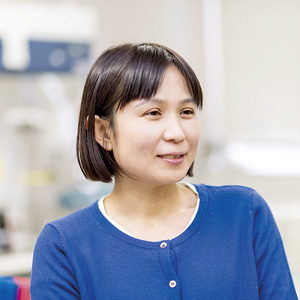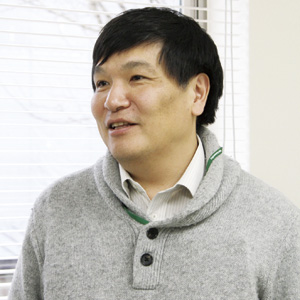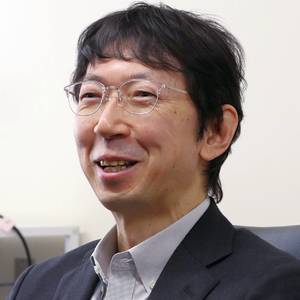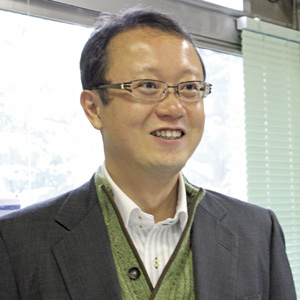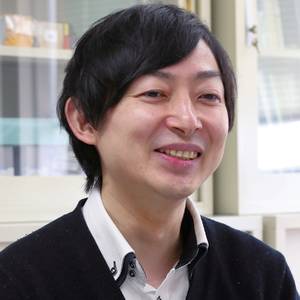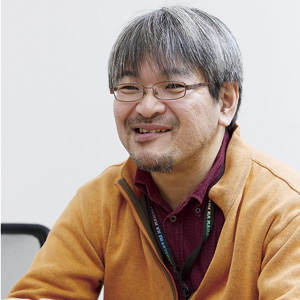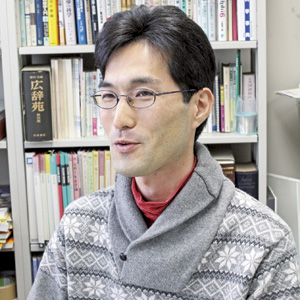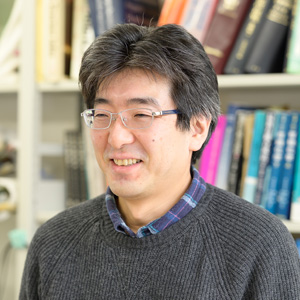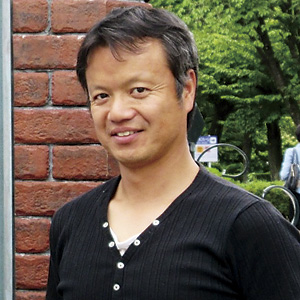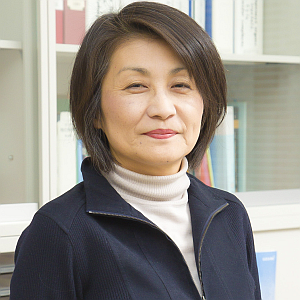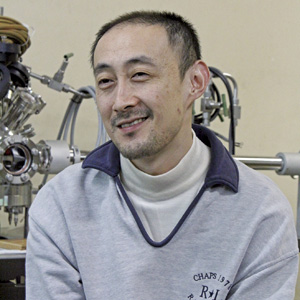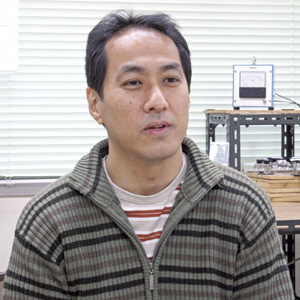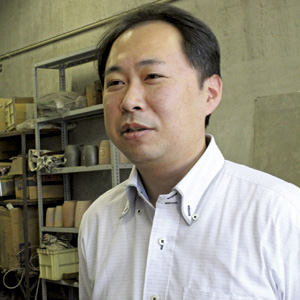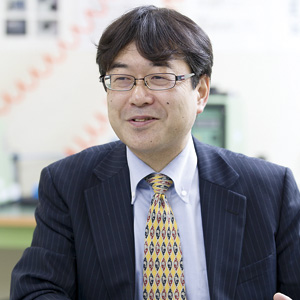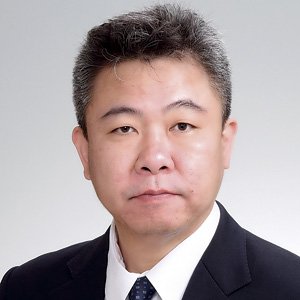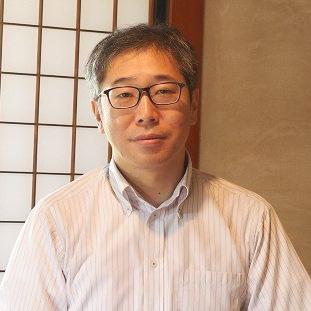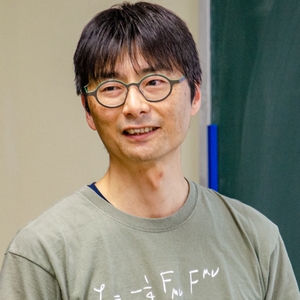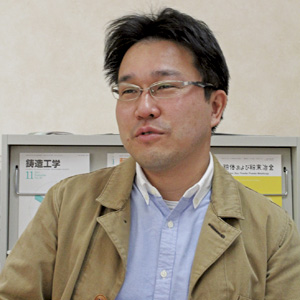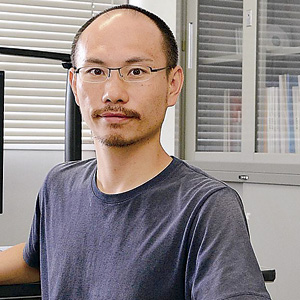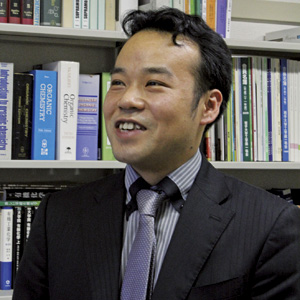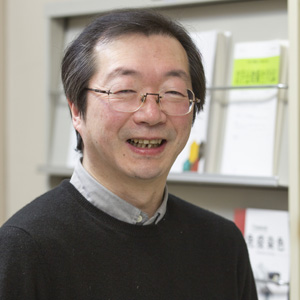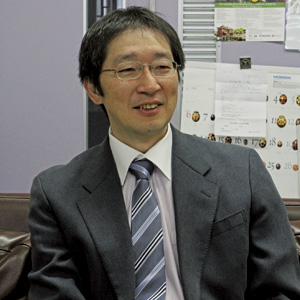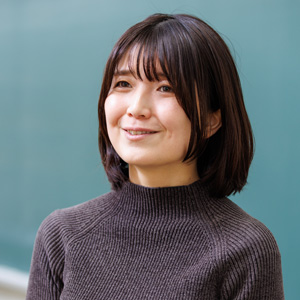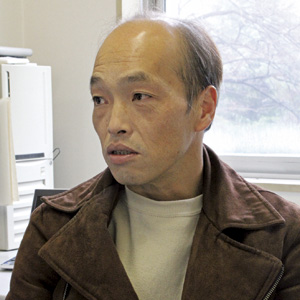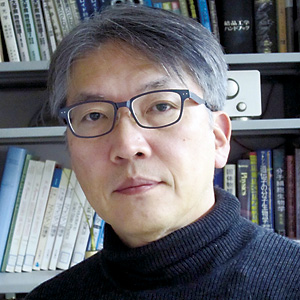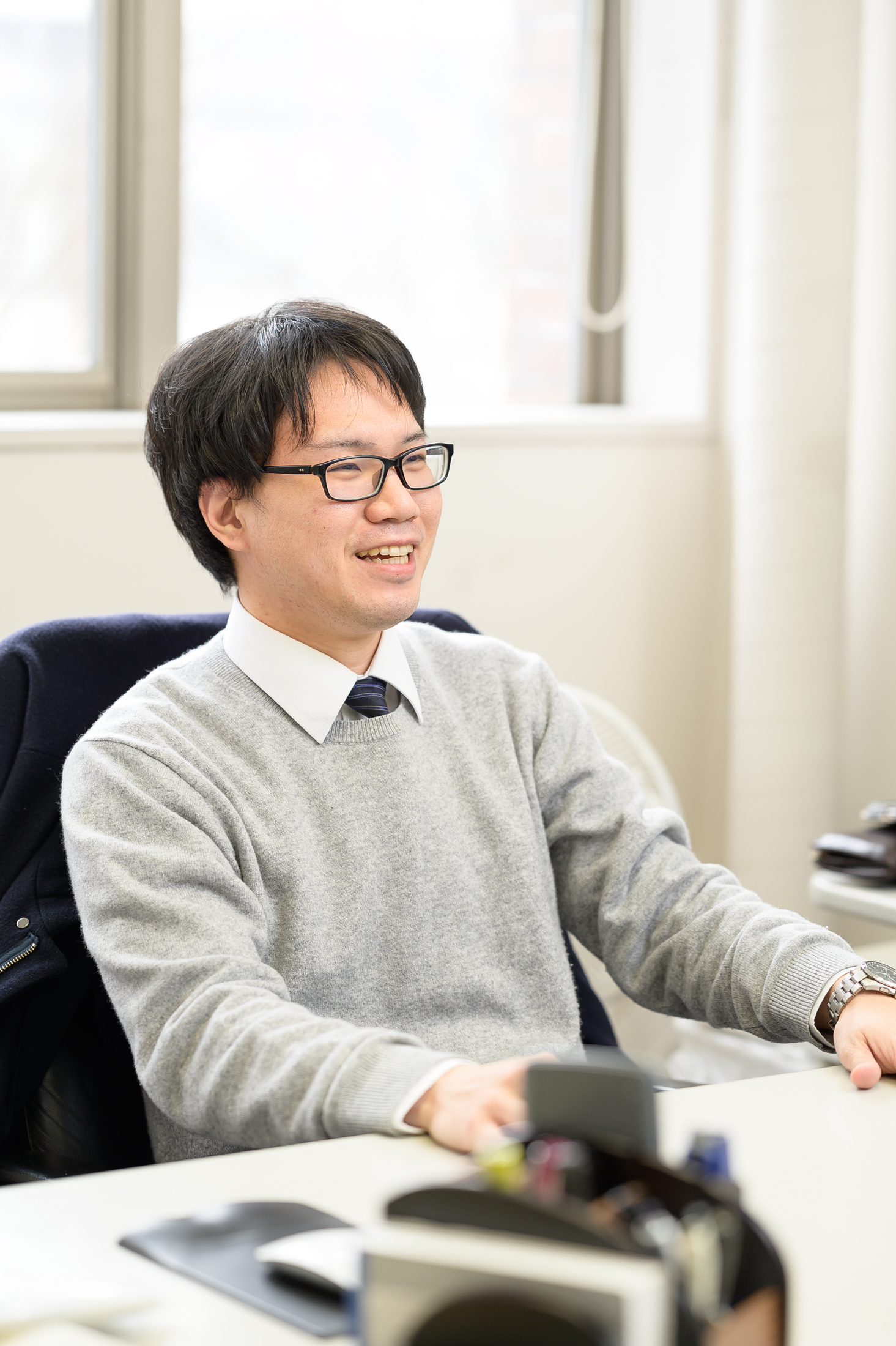This division gives students the ability to cast light on the true nature of a variety of natural phenomena through the development of cutting-edge education and research based on core study of the fundamental sciences: math, physics, chemistry, and biological sciences. We also foster researchers who contribute to the progress in science as the intellectual asset of humanity. Our students develop and apply their core studies at a high level, gaining the ability to solve a range of problems faced by modern society, including energy, environmental and medical issues, and the ability to create innovative technologies that will lead to the creation of future industries. Our goal is to foster highly specialist engineers, and researchers who will contribute to the development of local and international society.
The Division of Fundamental and Applied Sciences is made up of four education and research areas: the Chemistry Area, Biological Sciences Area, Mathematical Science and Physics Area, and Materials Science and Engineering Area. Students in the Chemistry, Mathematical Science and Physics, and Materials Science and Engineering Areas study a science and engineering education program. Students in the Biological Sciences Area study a science education program.
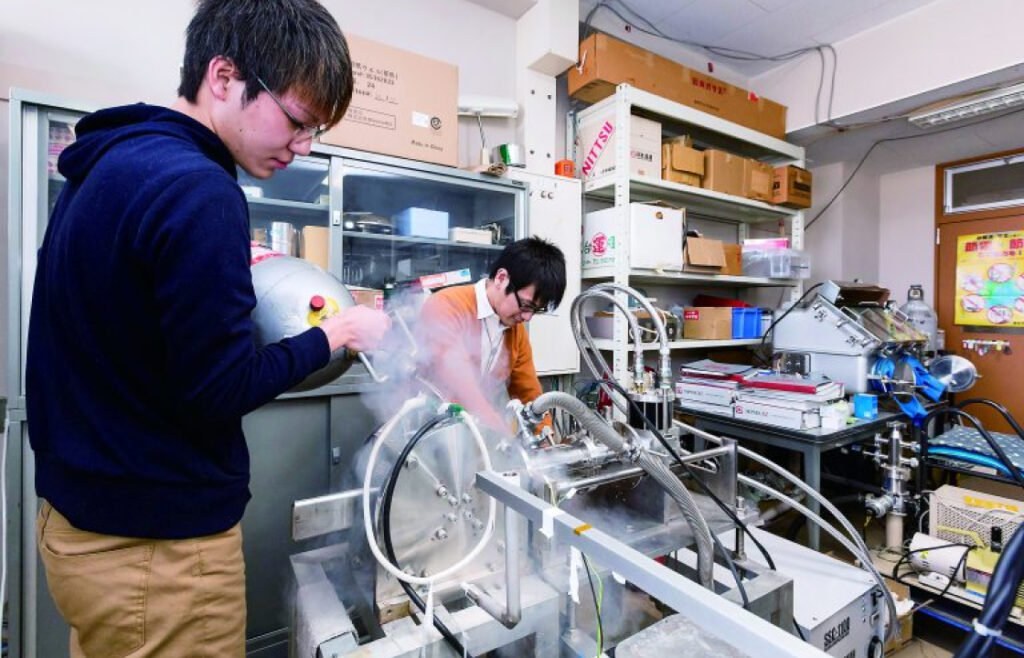
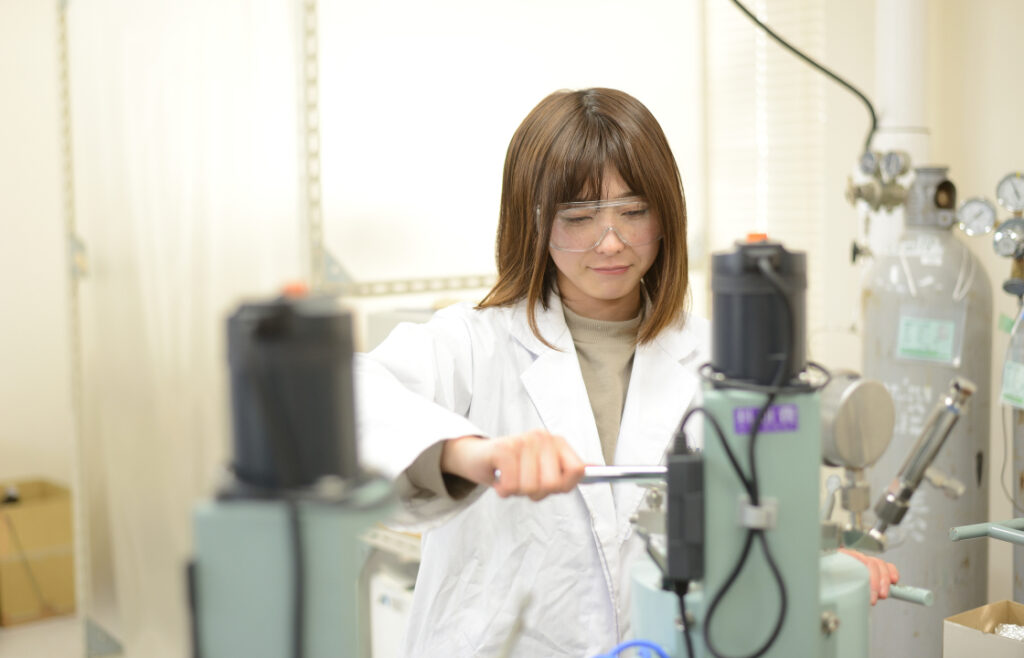
Chemistry Area
Chemistry is involved in all manufacturing industries. Under the guidance of staff specializing in organic and high polymer chemistry, surface and energy chemistry, and physical chemistry and chemical systems, the Chemistry Area makes new discoveries through cutting-edge education and research in chemistry, the basic technology of manufacturing, and fosters highly specialized engineers and researchers who will create innovative chemical technology based on the knowledge they have gained.
We have drawn up a curriculum that allows students to acquire skills in gathering information from international conferences and academic papers, a capacity for logical thinking, the ability to develop research, and language skills, so we can train researchers and engineers with leadership ability and a deep sense of internationality that can support globalization.
We cultivate researchers and engineers with the latest knowledge and experience, offering extramural training through long-term internships (elective subject).
Biological Sciences Area
In the Biological Sciences Area, we provide high level education and research in research fields based on the latest results from academic research in the life-sciences field, mainly in areas of health and medicine such as cellular engineering, regenerative medical engineering, biofunctions, and biomolecular systems. The Biological Sciences Area is made up of research labs for Biofunctions, Biomolecular Systems, Cellular Engineering, and Regenerative Medical Engineering. While we focus on developing and applying knowledge relating to biological sciences, we offer research guidance from the molecular level, such as handling genes connected to the search for the basic principles of life or the regulation of protein manifestation, to the macroscopic level, including maintaining homeostasis in the body. We carry out comprehensive biological research and education, from the genetic or molecular level to that of an individual living being.
Mathematical Science and Physics Area
In the Mathematical Science and Physics Area, we carry out high-level research and education in the field of science and engineering based on the latest academic research results in mathematical science, condensed matter physics, and high energy and astrophysics. Our students can study the latest knowledge and broad perspectives by attending lectures held on their chosen field (basic mathematical science, applied mathematical science, basic physics, or condensed matter physics), carrying out mathematical science and physics practicum and special practical mathematical science and physics research, and attending lectures on mathematical and information science, a common research subject.
Students make flexible use of their capacity for logical thinking to clarify the fundamental principles and basic rules of mathematical objects and physical phenomena, information gathering skills to design their own research tasks, and their depth of knowledge of high-level mathematical science and physics, methodology, and specialist techniques. With these skills, they strive to solve real-life, high-level and complex research tasks, gaining the ability to carry out research. In so doing, our students systemize new knowledge, and cultivate their ability to develop and apply mathematical science and physical engineering.
Materials Science and Engineering Area
In the Materials Science and Engineering Area we offer high-level education and research relating to the development of new functional materials and material evaluation methods, and the production and processing processes of a variety of functional materials, based on the latest research results in this field, including those in metal production engineering, and functional materials science and engineering.
Our students are able to gain cutting edge-knowledge in the field of materials science with an education in engineering basics, including advanced courses in metal materials science engineering, which discuss developing and applying materials science, functional materials science and engineering, which discuss the physical basis and application of materials science, and material evaluation, which discuss the application of materials science on the physical basis of measuring technology and material evaluation; we also offer subjects that unite elements of engineering, such as metal production engineering. We foster talented personnel who solve research issues by making flexible use of methodologies and the knowledge they have gained about materials science and its scientific and engineering applications, and who have high-level research abilities and can systemize the knowledge they have gained, creating a new materials science and contributing to the development of materials science.



